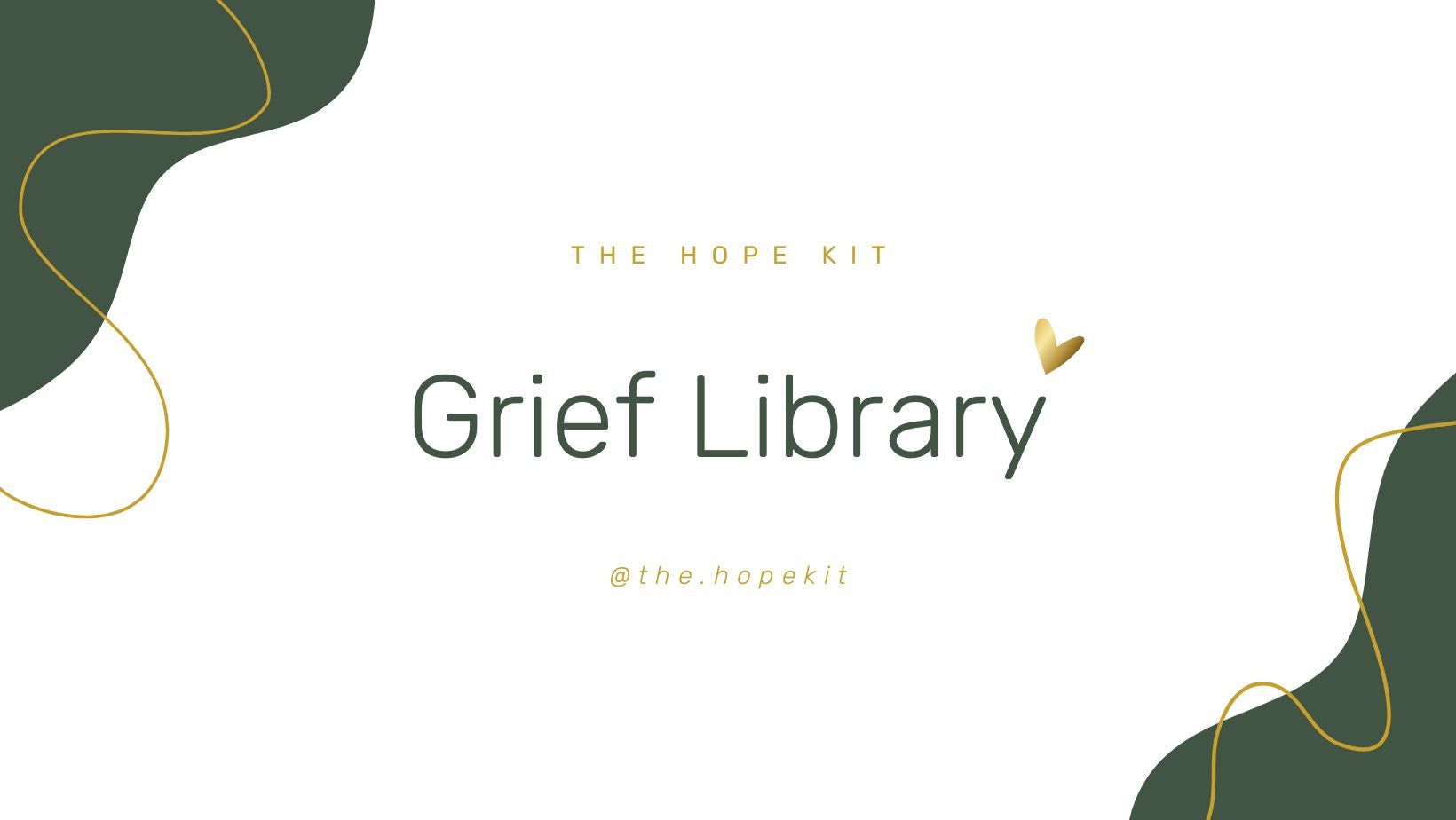The Hidden Struggles of First Responders: How Communities Can Support Their Mental Health
As a first responder, my friend has regularly seen and dealt with many traumatic events. It's a tough job that requires a lot of mental and emotional strength, but it can also take a toll on their mental health.
One personal example my friend shared was a call they responded to where they found a young child who had drowned in a pool. It was a tragic and heartbreaking scene, and my friend said it was difficult to shake off the images and emotions from that call.
My friend is not alone in experiencing the impact of traumatic events on their mental health. Emergency room nurses, doctors, police officers, and other first responders face similar challenges. They witness and deal with traumatic events regularly, which can be overwhelming and emotionally taxing.
I have also seen firsthand how these events can impact the mental health of first responders' families. As a therapist, it can be challenging to see them go through the emotional turmoil that comes with the job. It's essential for communities to understand and recognize the impact of first responders' work on their mental health and the well-being of their families.
So what can we do to help support first responders and their families? Here are a few practical tips:
- Show empathy and understanding. First responders often face a lot of criticism and negativity, so it's essential to show them support and understanding. A simple gesture like thanking them for their service can go a long way.
- Offer resources and support. Many first responder agencies have resources to help support their employees' mental health. Encourage local agencies to utilize these resources and consider advocating for additional support.
- Be mindful of their workload. First responders often have demanding schedules and can be called to work anytime. Try to be understanding and considerate of their workload and its impact on their mental health.
- Encourage self-care. Encourage first responders to prioritize their self-care and encourage them to take time off when needed. Self-care can help prevent burnout and maintain mental health.
Communities need to be empathetic and understanding of the impact that first responders' work has on their mental health. By offering support and encouraging self-care, we can ensure that these essential community members can take care of themselves and continue to serve and protect us.
As a community, it's our responsibility to support and care for those who serve and protect us. First responders, such as firefighters, emergency room nurses and doctors, and police officers, put their lives on the line every day to keep us safe. But the emotional toll of constantly witnessing and dealing with traumatic events can seriously affect their mental health.
It's not enough to thank them for their service and move on. We must do more to recognize and address their work's impact on their well-being. We must show empathy and understanding, offer resources and support, and encourage self-care.
I urge the community to stand with first responders and their families. Let's show them that we see their sacrifices and are here to support them. Let's do all we can to help them maintain their mental health and well-being, so they can continue to serve and protect us to the best of their ability. Together, we can make a difference.
Thanks,
"Hope Team"




